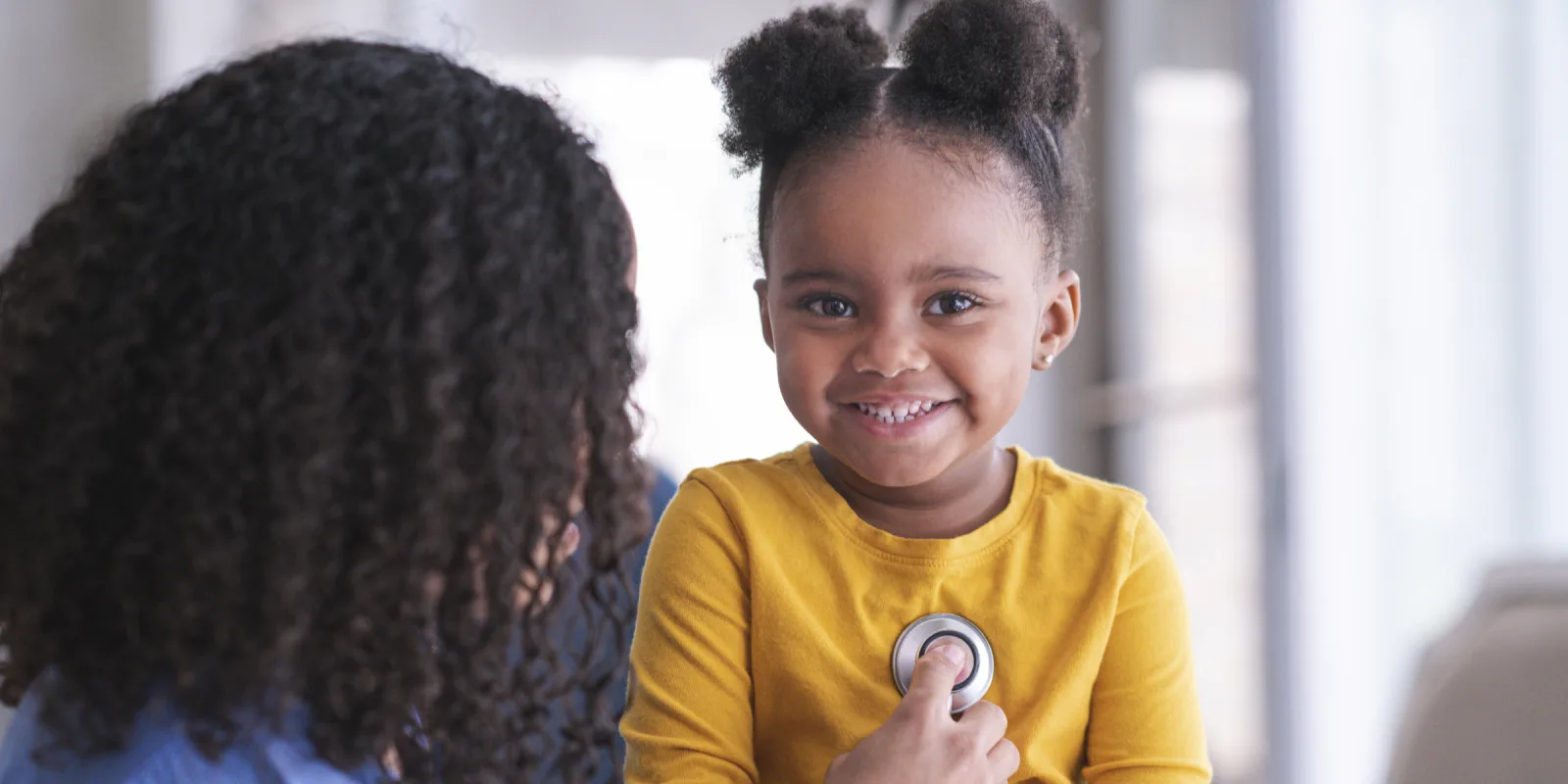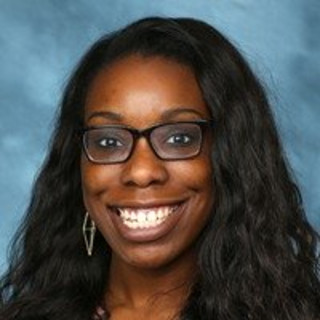It is evident, now more than ever, that the Black community must do whatever it takes to ensure the prosperity of the next generation. Black children deserve to see and learn from the embodiment of achievement — whether through Black teachers, engineers, health care workers, lawyers, entrepreneurs, or other professionals. They must be exposed to living proof that, while the cards of racial inequity may be stacked high against them, there is still a pathway toward success.
My first patient as a young pediatric resident was a 5-year-old Black girl who was being seen for her annual back-to-school physical. When I entered the exam room, the little girl’s soft brown eyes grew wide as she excitedly asked, “Are you my doctor?” I confirmed that I was indeed her doctor and told her she would be meeting my supervising physician shortly. She then lifted her thin brown arm as if presenting evidence, as she exclaimed, “But your skin is dark brown like mine! Does this mean I could be a doctor, too?” Hearing those words that day meant more to me than I can adequately describe. Everything I had been working toward up to that point, my self-proclaimed purpose in life, was solidified in seconds by the remarks of a school-aged child. Yes, I am a dark-skinned Black female, like you, I thought. Yes, I am your doctor. And yes, sweet girl, you can become a doctor, too.
Mentorship and role modeling from any caring individual can have a profound impact on the trajectory of a person’s life. But for me, and I imagine many others, the guidance and support I garnered from the handful of Black mentors I had growing up weighed differently. Those mentors had faced the same adversity I had faced, but still managed to overcome the odds. I owe a large portion of my achievements to that small band of Black patrons who supported me throughout my childhood, determined to help me succeed. The pinnacle of my personal Black cheerleading squad came at the conclusion of high school. I spent my last summer before college volunteering at a local children’s hospital, playing with patients when their parents were unavailable or going door-to-door with an oversized red wagon to deliver toys, books, and movies. That fateful summer, I met my first two physician mentors. A petite, older Black nurse at the hospital found out I wanted to be a doctor and insisted I meet two of her favorite pediatricians in the hospital. She introduced me to Dr. Graham and Dr. Brown: two Black male pediatric pulmonologists who embodied the type of success I desired. They say seeing is believing, and in that instance, it was true.
Dr. Brown and Dr. Graham took me under their wings that summer and taught me the fundamentals of being a physician. They brought me on rounds with them, where I stood in awe of their intelligence and grace. They exemplified the passion and fortitude required to excel in this field, while demonstrating the mutual trust a physician must build in order to provide effective care. The following summer, Dr. Brown and Dr. Graham exceeded their own kindness by inviting me to work in their private practice. The summer job, in which I helped with clerical work in the office, allowed me to generate a small income while also giving me the opportunity to shadow them and their colleagues in an outpatient setting. Thereafter, they continued to shepherd me through my premedicine expedition by providing advice on the MCAT and suggestions on which college courses would prove most beneficial later in my career. Toward the end of my college tenure, Dr. Graham and Dr. Brown bestowed the highest level of sponsorship by writing me letters of recommendation for medical school. The knowledge, guidance, and support they willingly rendered was invaluable. Now, decades later, it is my turn to pay it forward.
The sheer existence of Black professionals is a powerful example, but one’s mentorship can go even farther. While we continue to confront the tragedies that ensue from racial inequality in this nation, and explain the ongoing injustices to Black youth, we must also empower Black children with a message of hope. It is the responsibility of every Black professional to use the iota of privilege they have acquired for the betterment of their community. Whether through organized pipeline programs, local or national mentorship programs, or a “Career Day” for minority youths, the necessity of role modeling and mentorship cannot be overlooked. Seeing is believing. We must not only remind Black youths that they are capable of greatness, we must lead by example. The task of raising a Black child in America cannot rest on the shoulders of parents alone because, as we now know, it takes a village.
Uchenna Ewulonu is a Black female pediatric hospitalist in downtown Chicago. Dr. Ewulonu has no conflicts of interest to disclose.







